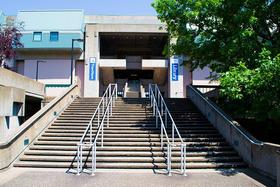A majority of California’s school districts, community colleges, and four-year universities are participating in CalPASS, a groundbreaking program that is improving their students’ academic success.
The CalPASS program makes student achievement data from kindergarten through college available to teachers of all levels. The San Diego Union-Tribune reports that CalPASS “has collected 346 million student records on 25 million students, including information on demographics, student performance and test scores.” However, students’ test scores are not connected to any personal or identifying information. Instead, teachers, professors, and administrators at all levels of California’s public education system can view the data trends, using the information to determine their instructional decisions.
CalPASS, which stands for California Partnership for Achieving Student Success, is based in Grossmont Community College in San Diego. It was started in 1998, when Brad Phillips, then the director of research, planning, and academic services at Grossmont, realized that there was no existing channel through which he could ascertain how students from his two-year college were performing academically after they transferred to four-year colleges. Phillips decided that he needed to create such a system so that teachers and administrators could use the information to improve how students are taught.
From the CalPASS website: "Cal-PASS Plus, created through leadership and funding by California Community College Chancellor’s Office, is an accessible, actionable and collaborative pre-K through 16 system of student data.
Cal-PASS Plus’ mission is to provide actionable data to help improve student success along


































